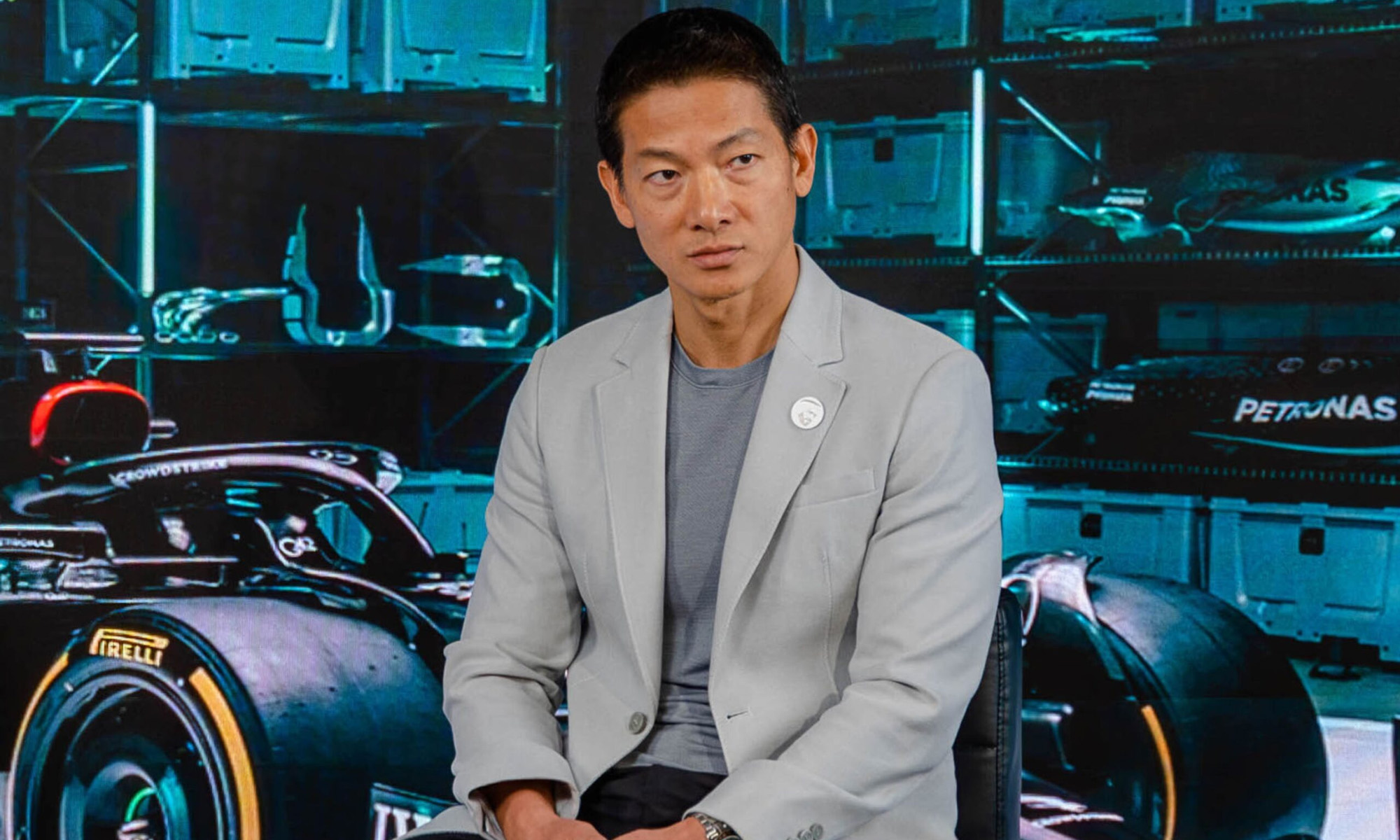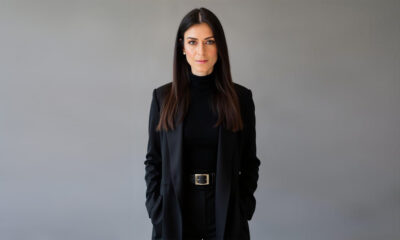News
UAE Company G42 Will Soon Launch Three ChatGPT Platforms
The artificial intelligence company is building an Arabic version of ChatGPT, a tool for government services, and another for climate action.

An artificial intelligence company from the UAE known as G42 is working on several ChatGPT-powered platforms. The organization’s CEO Peng Xiao announced during a recent press conference that they were “working on the largest Arabic-language model” and noted that although “Arabic is a major body of language in the world, it is not served at all by the big players in the industry”.
G42 has also begun work on GovGPT, a chat service that will help find answers to government-related search queries, and ClimateGPT, a tool to “help the population be more engaged and participate in the climate programs we’re championing”.
Although Xiao didn’t reveal an exact date for the release of the new ChatGPT platforms, he did address AI’s potential impact and future regulation.
Also Read: The Largest Data Breaches In The Middle East
“The way to better regulate it is not to say ‘stop, don’t do anything, let’s figure this out’. The way to do this is to do more sandboxes, more cutting-edge experiments, with transparency, like we’re about to do with Toto Wolff’s F1 team, and involve regulators and governments to see what we are doing”.
Founded in Abu Dhabi, G42 has a global footprint and a team of 2,700 AI experts who provide solutions for molecular medicine, space travel, and more. The company recently made headlines when it partnered with Mercedes-AMG Petronas F1 to provide data and insights to improve the team’s performance.
News
Rabbit Expands Hyperlocal Delivery Service In Saudi Arabia
The e-commerce startup is aiming to tap into the Kingdom’s underdeveloped e-grocery sector with a tech-first, locally rooted strategy.

Rabbit, an Egyptian-born hyperlocal e-commerce startup, is expanding into the Saudi Arabian market, setting its sights on delivering 20 million items across major cities by 2026.
The company, founded in 2021, is already operational in the Kingdom, with its regional headquarters now open in Riyadh and an established network of strategically located fulfillment centers — commonly known as “dark stores” — across the capital.
The timing is strategic: Saudi Arabia’s online grocery transactions currently sit at 1.3%, notably behind the UAE (5.3%) and the United States (4.8%). With the Kingdom’s food and grocery market estimated at $60 billion, even a modest increase in online adoption could create a multi-billion-dollar opportunity.
Rabbit also sees a clear alignment between its business goals and Saudi Arabia’s Vision 2030, which aims to boost retail sector innovation, support small and medium-sized enterprises, attract foreign investment, and develop a robust digital economy.
The company’s e-commerce model is based on speed and efficiency. Delivery of anything from groceries and snacks to cosmetics and household staples is promised in 20 minutes or less, facilitated by a tightly optimized logistics system — a crucial component in a sector where profit margins and delivery expectations are razor-thin.
Despite the challenges, Rabbit has already found its stride in Egypt. In just over three years, the app has been used by 1.4 million customers to deliver more than 40 million items. Revenue has surged, growing more than eightfold in the past two years alone.
Also Read: Top E-Commerce Websites In The Middle East In 2025
CEO and Co-Founder Ahmad Yousry commented: “We are delighted to announce Rabbit’s expansion into the Kingdom. We pride ourselves on being a hyperlocal company, bringing our bleeding-edge tech and experience to transform the grocery shopping experience for Saudi households, and delivering the best products – especially local favorites, in just 20 minutes”.
The company’s growth strategy avoids the pitfalls of over-reliance on aggressive discounting. Instead, Rabbit leans on operational efficiency, customer retention, and smart scaling. The approach is paying off, having already attracted major investment from the likes of Lorax Capital Partners, Global Ventures, Raed Ventures, and Beltone Venture Capital, alongside earlier investors such as Global Founders Capital, Goodwater Capital, and Hub71.






















